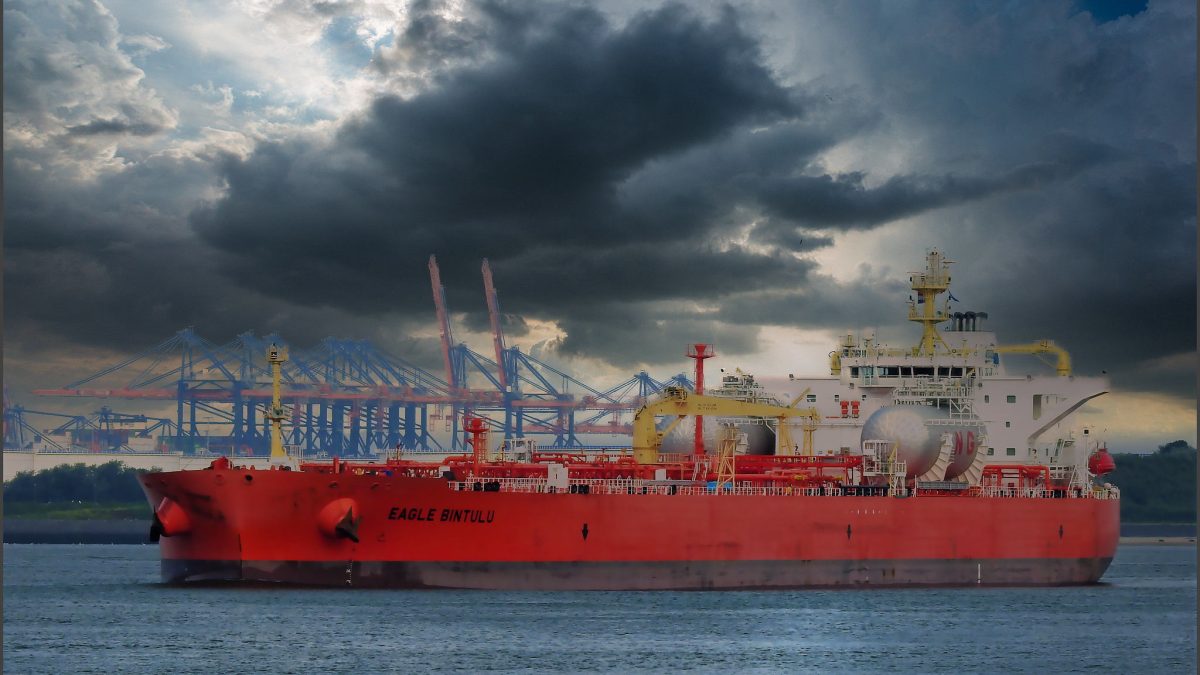The recent implementation of new US sanctions targeting Russian oil producers, tankers, and insurers has created a disruption in the supply chain.
Middlemen who were previously involved in supplying Russian oil to Indian refiners, such as Bharat Petroleum, are now hesitant to offer cargoes due to the potential risks and complications arising from these sanctions.
The information was provided by Bharat Petroleum’s Finance Chief Vetsa Ramakrishna Gupta to Reuters.
This situation highlights the significant impact that geopolitical decisions and economic sanctions can have on global trade and energy markets, particularly for countries like India that rely heavily on oil imports.
Sourcing challenges
Indian state refiners, including Indian Oil Corp, BPCL, Hindustan Petroleum, Mangalore Refinery and Petrochemicals, and other companies, are facing challenges due to delays in receiving Russian oil.
These companies typically purchase Russian oil on the spot market from traders.
However, recent delays in shipments have forced them to seek alternative sources of crude oil to meet their refining needs.
The potential risks and disruptions associated with relying on a single source for crude oil, especially in a volatile geopolitical environment could be pivotal for India’s imports.
Gupta told Reuters on Wednesday:
We have not received any new offers for the March window (delivery). Traders are asking us to wait. We are waiting to get offers.
Gupta stated that they are not anticipating a similar quantity of cargoes as they typically received during December and January.
Imports
According to data from Vortexa, India’s imports of crude oil from Russia fell to a 17-month low in December.
Invezz had reported earlier this month that oil imports from Russia to India are likely to remain subdued in January as well.
However, Russia still remained the top exporter of oil to India.
But, New Delhi’s oil imports from the Middle East had increased on a month-on-month basis in December.
Indian refiners have been looking for other sources, particularly in the Middle East and Africa to fill the void left by Russia.
Typically, suppliers commence their cargo offerings by the 15th of each month, with the intention of having the cargo lifted and transported during the subsequent month.
BPCL, generally receives an average of 16 to 17 shipments of Russian oil on a monthly basis, according to the Reuters report.
This imported volume fulfills approximately 35% of the refiner’s total crude oil requirements.
January shortfall
Mirroring the experiences of other Indian refineries, BPCL encountered a shortfall in January, receiving three fewer cargoes than its usual average, Reuters said.
The company is now bracing for a further reduction in its incoming oil supply during the month of March.
Indian refiners are actively seeking to compensate for the existing oil shortfall by issuing tenders for oil imports.
This includes procuring a variety of crude oil grades, notably the Murban grade from Abu Dhabi, according to Reuters.
By diversifying their sourcing and actively engaging in the global oil market, Indian refiners aim to mitigate the impact of the shortfall and maintain stable operations.
BPCL has also released an annual tender seeking a monthly supply of 1 million barrels of Murban crude for a year, according to Reuters.
Gupta stated that his company might release a mini term tender in March seeking US oil cargoes for up to six months.
The higher premiums on Middle Eastern spot oil have made US crude more attractive.
The post Why Indian refiners can’t access Russian oil cargoes appeared first on Invezz

